Mexico
Cultural Preservation Advocate
In Santiago Matatlan, Oaxaca, Mexico, Fabiola Santiago’s pueblo had, for generations, upheld time-honored methods that combined different agave plant species to produce a beverage known as mezcal. However, the 1980s brought devastating blows that led numerous palenques (distilleries)to shut down and Fabiola’s father was forced to migrate to the U.S. in search of better economic opportunities. A few years later, he sent for the rest of the family to join him in Los Angeles. Amidst the challenges of adjusting to a new country, one constant remained in Fabiola’s home: her mother’s traditional cooking.
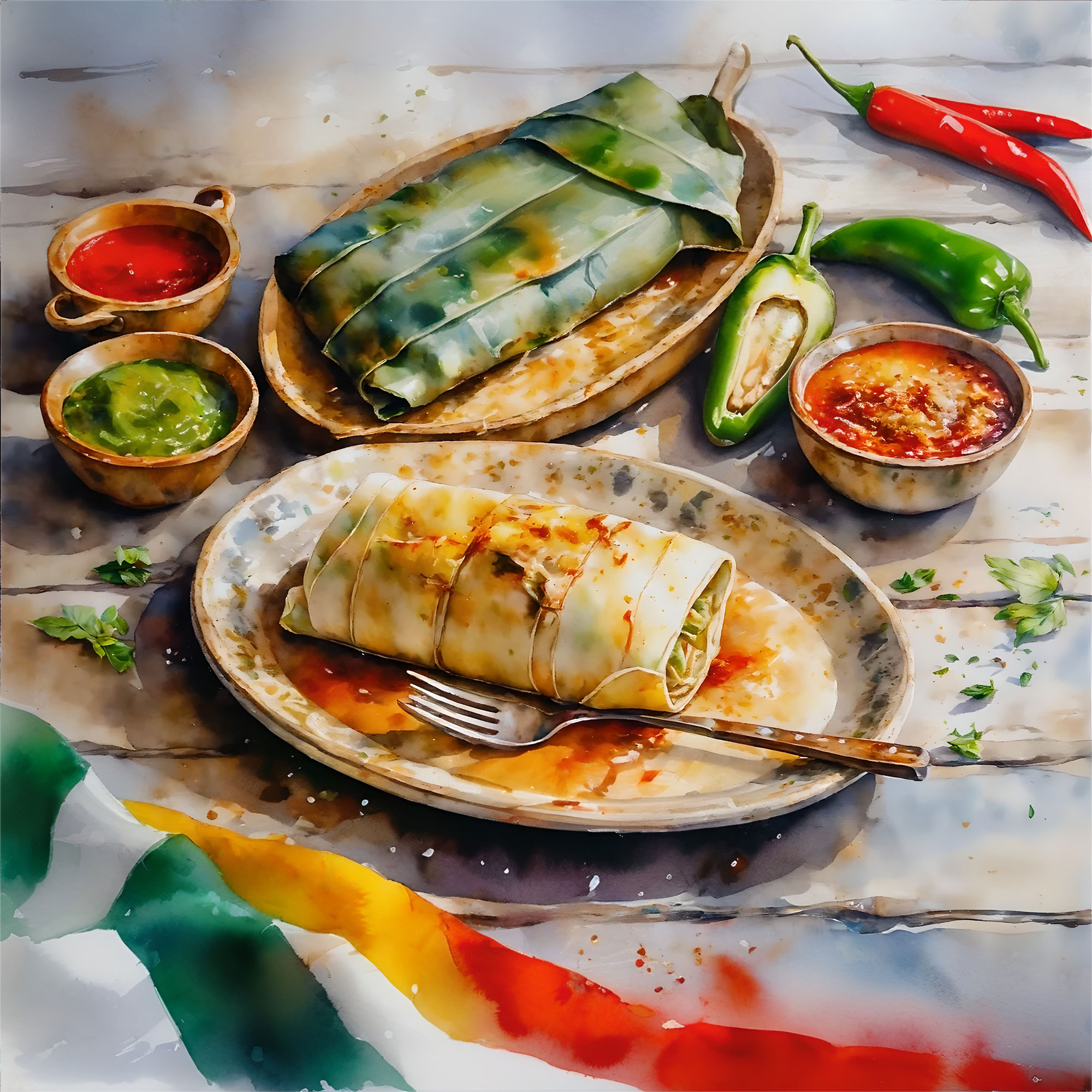
After over two decades of living as undocumented immigrants, Fabiola’s parents were deported. Despite the heartbreak, Fabiola pressed forward, channelling her resilience into a career in public health. She encountered a case where a local restaurant allegedly stole an Oaxaqueña’s recipes, withheld her wages and wrongfully dismissed her. These injustices sparked a determination to preserve her cultural heritage. First, she wanted to open a restaurant that would honor and celebrate her culture but recognized a critical gap: mainstream media would often portray Mexican culture as a monolith, neglecting the rich diversity within the community.
Simultaneously, Fabiola observed the explosive growth of mezcal. The time-honored traditional practice of making mezcal was losing its rootedness in Indigenous lifeways in order to create a market and meet consumer demands. There was also a lack of meaningful attribution, recognition, and respect for people who had preserved its spirit. Creeks, once cherished playgrounds of Fabiola’s early childhood, were polluted with distillate waste. The preference for the faster-growing monoculture agave, which takes at least six years to grow, resulted in extensive deforestation for quick wins.
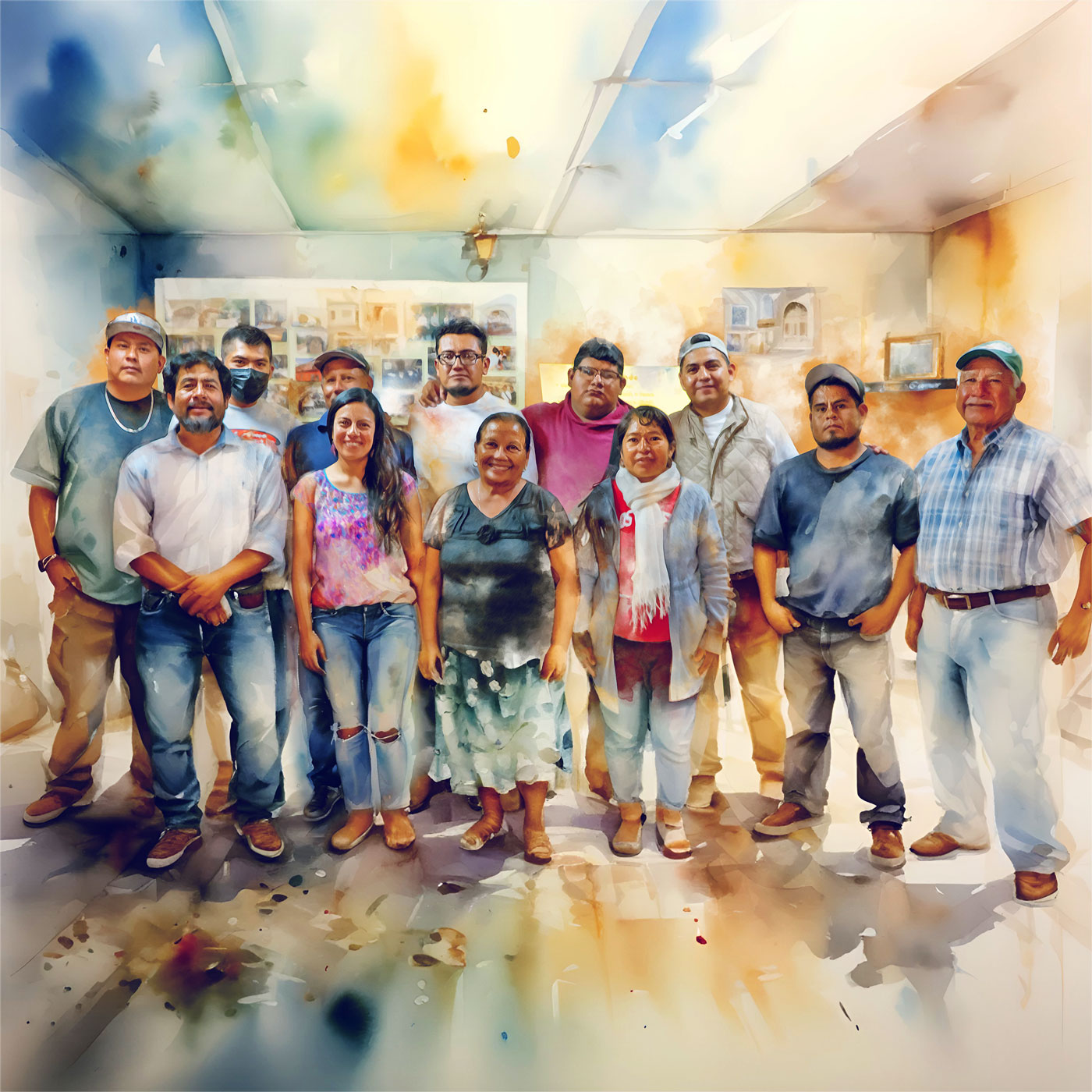
As a matter of urgency, equitable, culturally mindful and environmentally responsible practices in the mezcal industry were needed. Fabiola had been the first in her family to go to college and graduate school. With this privilege and positionality, she knew she had to take action to halt the further desecration of her heritage.
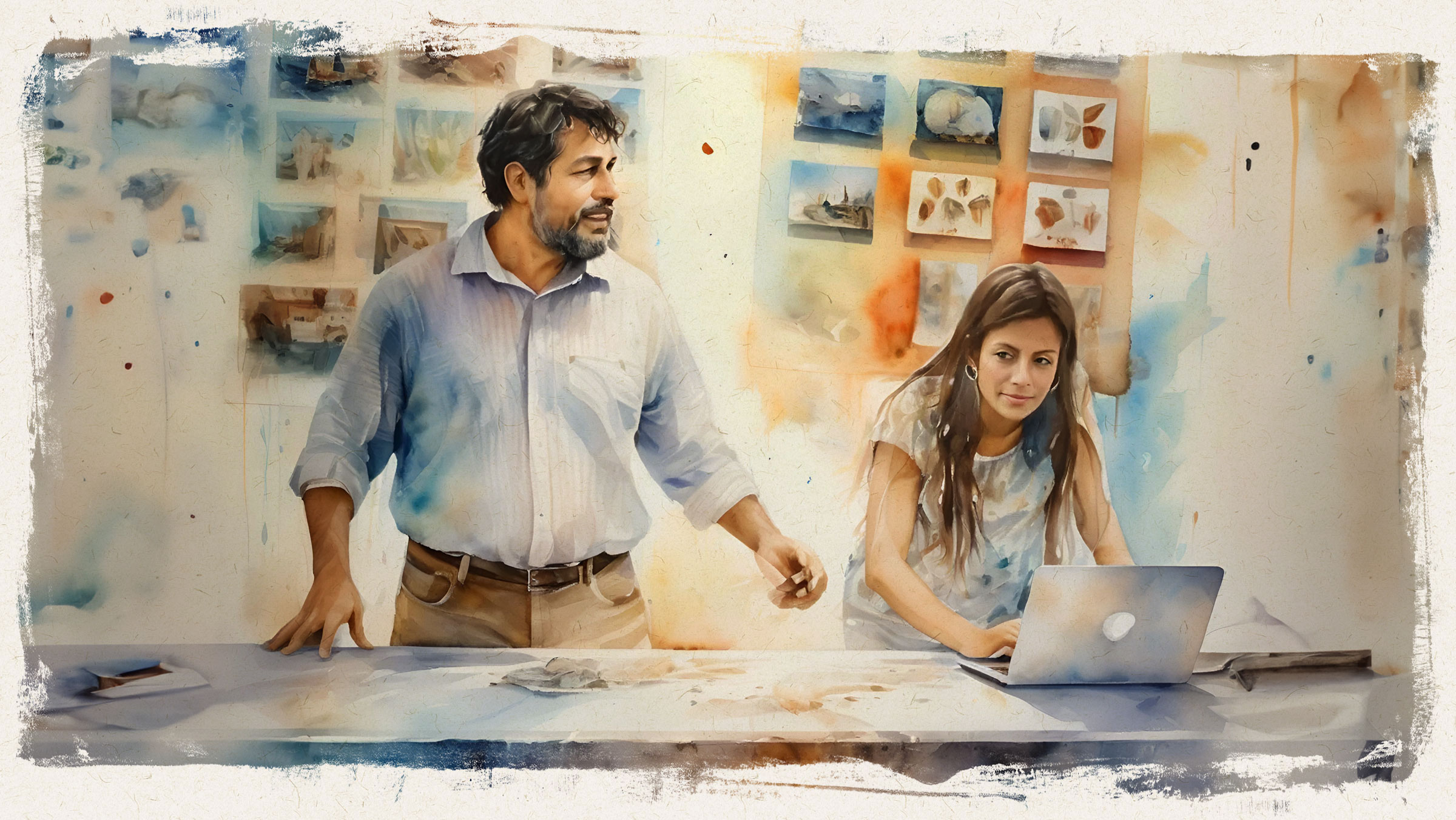
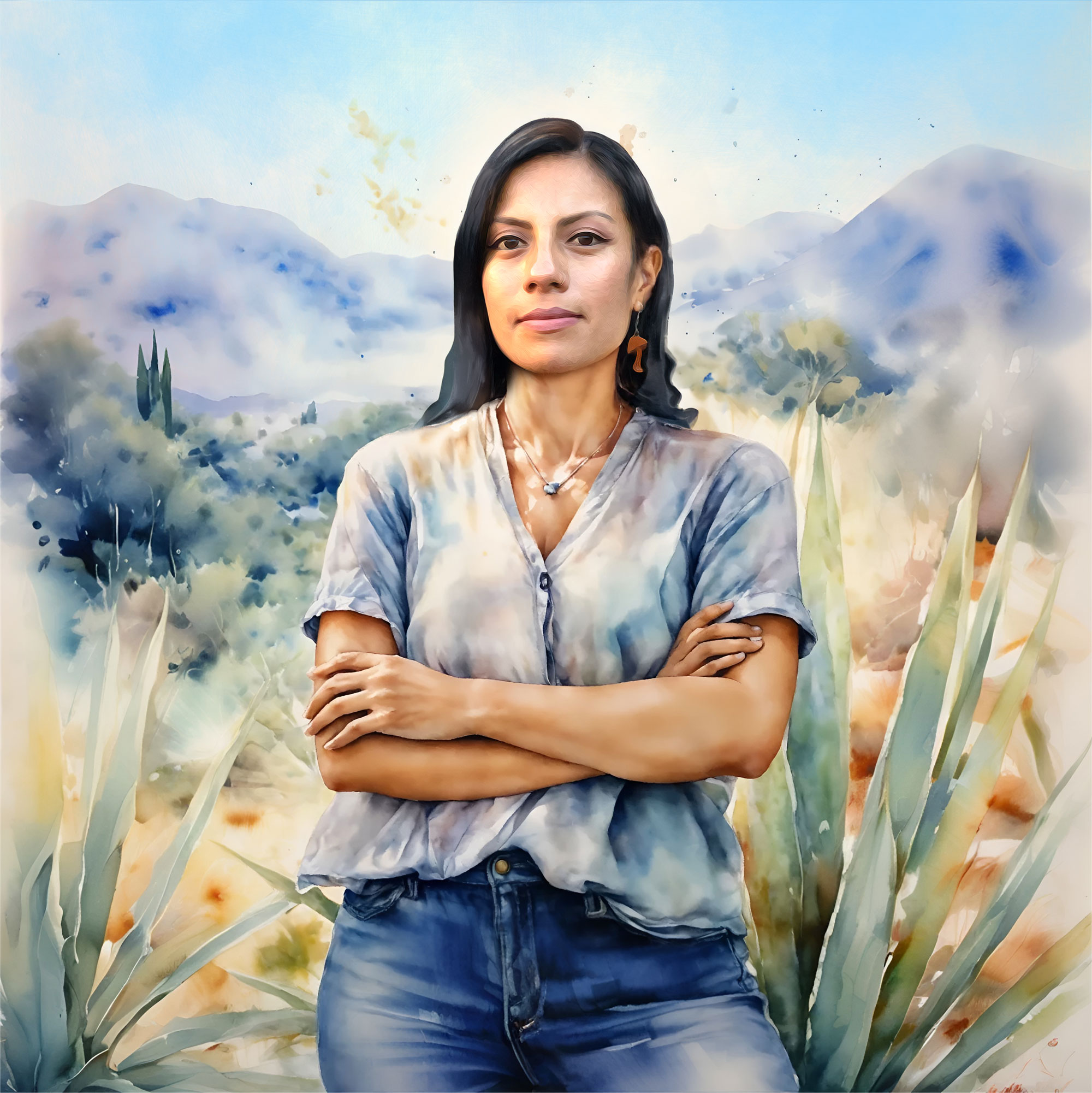
She founded Mi Oaxaca to preserve Oaxaca’s indigenous food and beverage cultures through narrative change, education, and collaboration. This holistic approach addressed the interconnected issues of cultural preservation, environmental sustainability, and community well-being.
In her journey, Fabiola encounters significant challenges in navigating a predominantly foreign and male-driven industry. Despite these hurdles, she draws strength from the encouraging and affirming voices and support of her Oaxacan communities and mezcal consumers who embraced self-accountability.
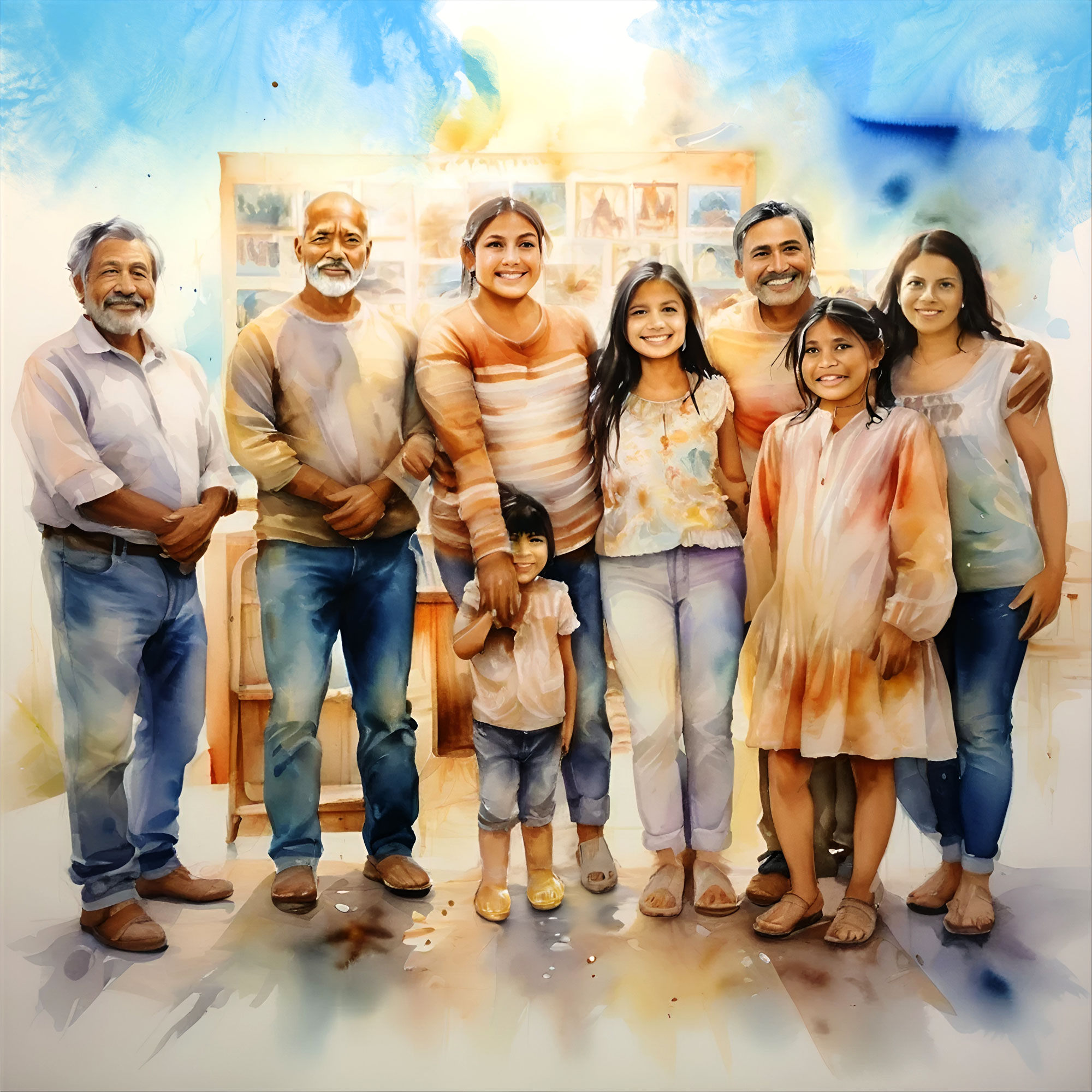

She envisions a future where Oaxaca’s cultural wealth and economic well-being reflect each other. One where Indigenous communities co-create the future of Mezcal and, by extension, re-introduce systems of reciprocity and interdependence.

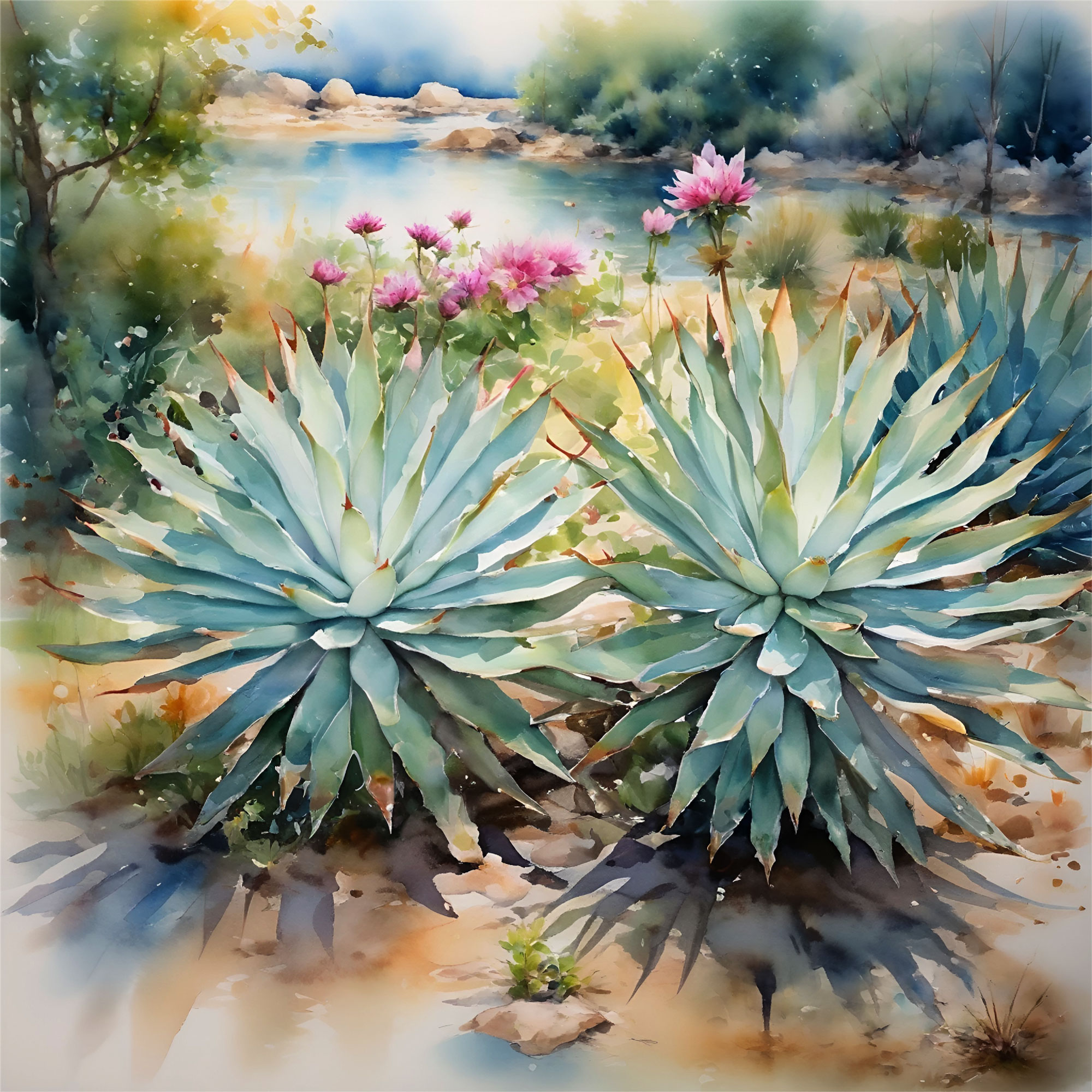
Part of the cause of climate change is the heightened consumerism that is oblivious to the trail of damage it leaves on the environment and producer communities. To combat climate change, we must not only strive to reduce its pace but also implement adaptive strategies. The agave plant emerges as a promising adaptation strategy. It requires little watering and can allow farmers to plant crops on land that would have otherwise been fallowed due to lack of water. Scientists say agave plants can also suck planet-warming carbon pollution out of the atmosphere.
Moreover, the agave plant is a generous provider, giving beyond mezcal production. It can be used to make tortillas, ropes, bricks, paper, and even clothing. The multifunctional nature of Agave not only positions it as a sustainable and adaptable asset in the battle against climate change but it also underscores the importance of recognizing and utilizing the full spectrum of its gifts.

Consider these tips:
Personal
Next time you go to the grocery store, read the label and do some background research on the products you are purchasing. This will help you to fully understand what you consume, where it comes from and how its production impacts both nature and the communities that produce it.
At the same time, move away from a mindset of taking, conquering, and hoarding. Instead, integrate reciprocity as a guiding principle in your life, being mindful of your consumption and ensuring that you give back, ideally in equal measure, if not more.
Community
While individualism has its merits, we are inherently wired for connection and interdependence. Embrace this interconnectedness and strive to contribute positively to your community according to your skills and abilities. If you are or know someone from a community that is facing the erasure of traditional knowledge that is good for the planet, engage in communal activities that preserve this wisdom. This might involve establishing educational programs, organizing workshops, or creating digital archives to document and share this knowledge.
Share Your Ideas
Share your ideas:
We would love to hear from you! What are some unique tips you have for mindful consumption? Please send your story to engage@daughtersforearth.org. You can support all Daughters by visiting our website and becoming part of the solution here.



 Donate
Donate
